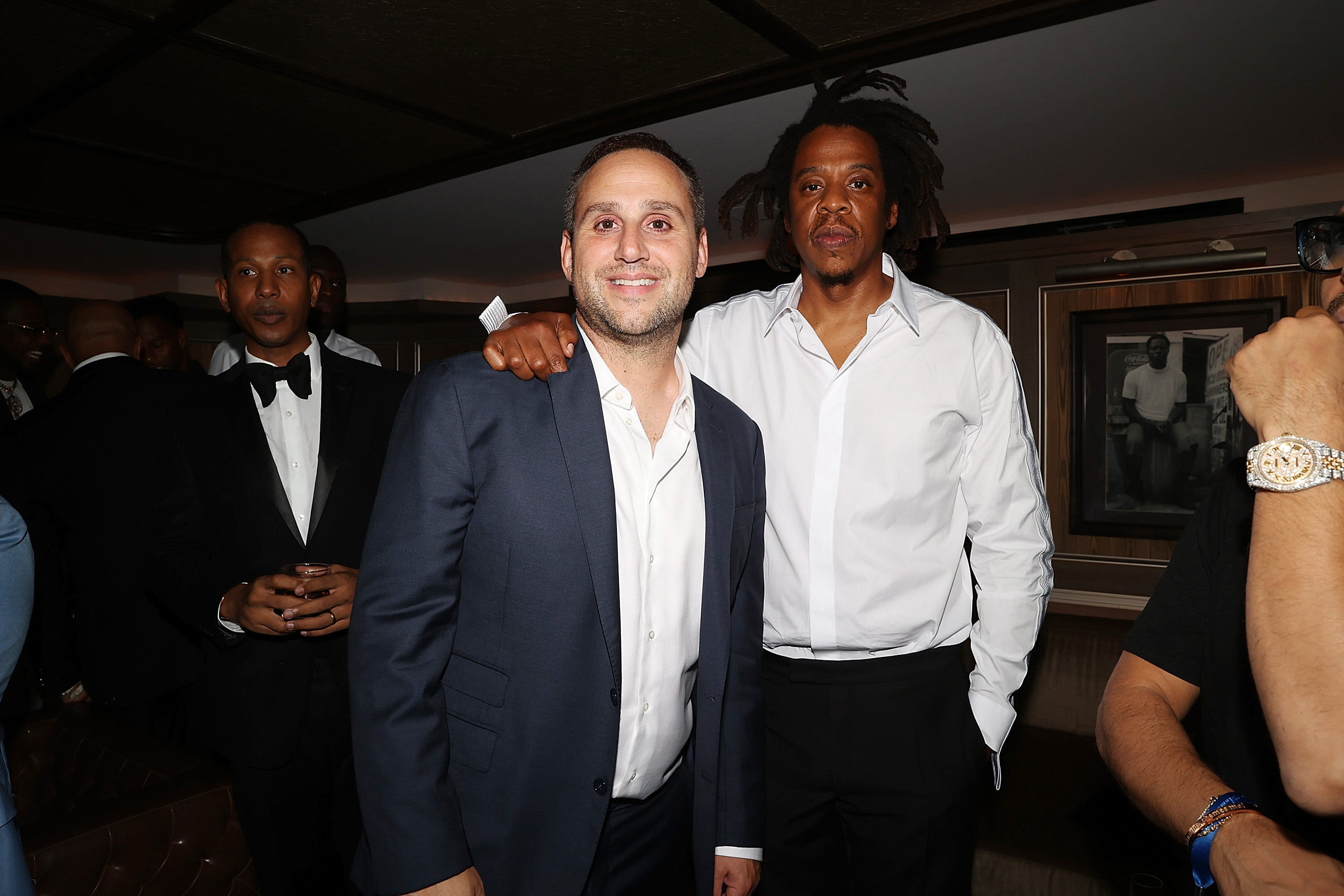N/A
Sports Business
Fanatics Acquires Topps Trading Cards; Deal Reportedly Worth 'Roughly' $500M

Sports retailer and memorabilia company Fanatics has acquired trading card company Topps.
“With trading cards and collectibles being a significant pillar of our long-term plans to become the leading digital sports platform, we are excited to add a leading trading cards company to build out our business,” said Fanatics CEO Michael Rubin in a press release. “Their iconic brand, commitment to product excellence and passionate employees worldwide will allow us to immediately serve our league and players’ association partners and our fans.”
Jabari Young of CNBC first reported "industry sources put the deal at roughly $500 million. It will include only Topps' name and sports and entertainment division, not the company's candy and gift cards line, one source said."
That means Fanatics now hold the exclusive license with Major League Baseball for trading cards. Fanatics came to a deal in August with the MLB Players Association and MLB for exclusive rights in 2026. Topps currently holds those rights through 2025, though Fanatics' purchase of the company will get them into the MLB trading-card market immediately.
Topps also has active trading-card agreements in place with the MLS, UEFA, Bundesliga and Formula 1 and recently reached deals with the NBA, NBPA and NFLPA.
Per Young, Fanatics' plan is to "expand the trading card business with more via direct-to-consumer commerce. For example, should collectors purchase a trading card, they'll be able to insure the asset, grade, store and even put cards on a marketplace to sell or trade through Fanatics."
The company also wants to "build out its NFT collectibles sector through its Candy Digital company, which has exclusive rights to produce MLB digital artwork."
Fanatics' CEO, Michael Rubin, is a minority governor of the Philadelphia 76ers and New Jersey Devils.
As for Topps, the company has been in the trading-card market since 1938. Some of the most expensive cards in history have come from the company's various collections, including the famous 1952 Mickey Mantle, which sold this past year for $5.2 million.
Ticket Sellers Show Support for All-in Pricing Mandate to Disclose Fees Upfront

Buying tickets online could soon be simplified.
According to ESPN's Tisha Thompson, three of the U.S.'s largest ticket sellers voiced to a Congressional committee on Wednesday their support for a federal mandate to list the full price of tickets, including fees, upfront—or "all-in ticket prices."
Those three companies were AXS, Ticketmaster and Stubhub.
As it is now, ticket vendors wait until a purchaser has entered his or her personal information before displaying the final price after ticketing fees. For example, a ticket can be listed as $50 at the start of a transaction only for a consumer to realize it is $65 with added fees at checkout.
"The hearing centered on three common practices: speculative ticket sales, deceptive websites and hidden fees. The practices came up in a vast majority of consumer complaints between 2012 and 2017, according to a nationwide analysis of reports to state attorneys general conducted by ESPN," Thompson wrote.
The Hill's Chris Mills Rodrigo relayed part of the opening remarks by Colorado Rep. Diana DeGette, who chairs the House Energy and Commerce Subcommittee: "Unfortunately, the industry's online financial success has often been at the expense of the consumer. ... While it is certainly easier to buy tickets to live events today, online ticketing sales have led to anti-consumer practices across the industry."
Rodrigo also noted the five issues DeGette raised were high hidden fees, restrictions on transferring tickets, the lack of transparency on how many tickets are available, fraudulent 'white label' websites and speculative ticket sales.
StubHub previously used all-in pricing for two years before stopping in 2015 "because rivals' tickets appeared to be cheaper and so [StubHub's] market share diminished," per Reuters (h/t New York Times).
Mandating all-in pricing across the board could solve that concern and create a more transparent ticketing marketplace.
